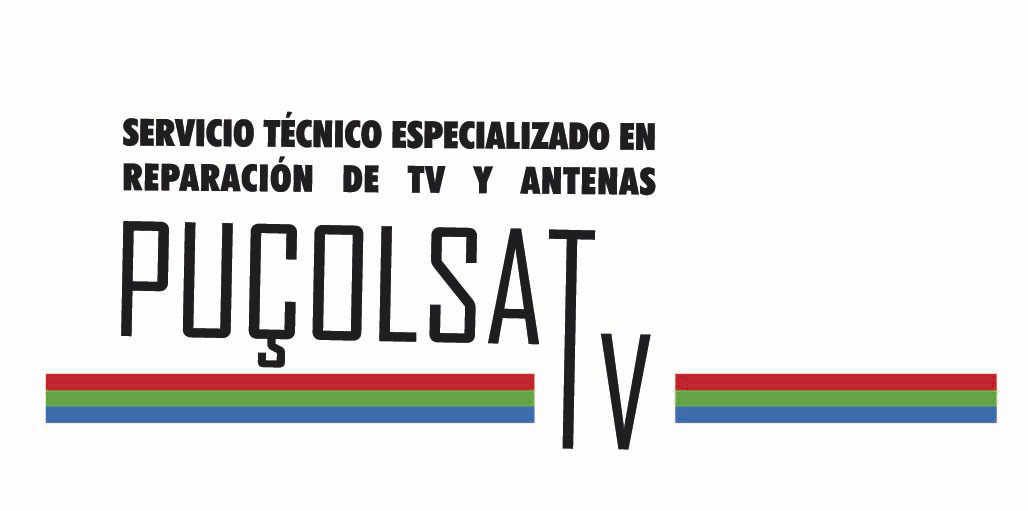Facebook was always about friends. But now it’s also about love. The social media giants have launched Facebook Dating in the U.S., their answer to Tinder, Coffee Meets Bagel, Bumble and other dating apps. The new feature brings together Facebook’s networking infrastructure and data to help find matches that suit you.
For company that knows you as intimately as Facebook does, it makes total sense that a dating service launched. But with all its https://datingranking.net/es/androide/ controversies, including an ongoing antitrust investigation, do we really want Facebook deeper into our lives?
A separate app within your app
Facebook Dating lives within your Facebook app. The extension is made available to users 18 and above, who need to opt-in and activate their Dating profile – kids on Facebook won’t randomly chance upon a new dating app that lets them meet suitors in town.
Once activated, it requests for your gender, who you’re interested in, a bunch of TCs and several privacy settings. You can tweak your dating location, distance from you, age and height preferences. You can even indicate religious preferences and whether you’re okay with your date having children.
It’ll probably be a relief to note that information on Dating is separate from your usual Facebook app. It goes to certain lengths to make them distinct: It makes you create a whole new profile, and all the details you want shown.
It ensures your Facebook friends won’t show up on Dating profile; and you can remove friends of friends from potential matches to avoid awkward encounters.
How’s it different?
Much like Tinder, Facebook Dating lets you scroll through endless cards of individuals looking for dates. But instead of swiping, you click on crosses and hearts. It also has a «second look» function to backtrack and revisit matches you’ve passed on.
As you’d expect, Dating takes advantage of plenty of its big brother’s immense pool of data and features. The app can suggest other users who have in common events you’ve attended, stuff you’ve liked and groups followed on your main account.
A unique feature called Secret Crush lets you list individuals from your Facebook friends and Instagram Followers. If they ever join Dating, they’ll be notified that someone has a «crush» on them. If they add you to their «crush» list as well, you’ll be instantly matched, as if to accelerate the dating process. Besides this occasion, Facebook promises never to reveal your crushes – if you’re fickle, you can have up to nine!
Facebook sure is bent on speeding up the matching process. The app lets interact with other users by letting you comment on their profile pictures despite not «matching» with them. This could get annoying very fast.
It’s boldly clamped down on how liberally users can use its chats, though. Chats are limited to text and GIFs only. No links, photos, payments and videos can be shared on Facebook Dating. These restrictions are a heavy-handed answer to porn-bot spams, unwelcome photos and other scams that have brought dating apps to infamy. This is a courageous move that could really make dating apps a healthier place. It’s often been stigmatised as a platform for predatory behaviour as well as encouraging a hook-up culture.
Should we trust Facebook? tl;dr – NO
Where do we begin with this? On the surface, Facebook Dating seems to be putting user choice and privacy front and center. You’ll notice that unlike Tinder and other apps, you can’t take screenshots on Facebook Dating (although frankly, nothing stops you from grabbing your friends’ phone and taking a picture of your screen). Dating also asks if you’re cool with matching with «friends of friends.»
A big fuss about targeted advertising and other forms of AI recommendations is how algorithms are programmed to make these suggestions. What information is Facebook Dating sorting through to match you with say, Dennis from Texas?
Facebook has been alarmingly good at recommending friends you e from Facebook Dating. While you have the option of enabling matching with profiles with mutual friends, former schools and groups, Facebook said it will still take into consideration these data when making its recommendations.
The difference is, your matches won’t know this information unless you’ve made it public. These details just feed its pairing algorithm.
Beyond its lack of transparency, this is still a heavily «red-flagged» company. Facebook has had a dismal track record when it comes to safeguarding users’ information and privacy.
Just this week, Facebook admitted to exposing 419 million phone numbers in an open online database, because it wasn’t protected with a password. In made private posts of 14 million users go public. Do we even need to bring up Cambridge Analytica?
Facebook clearly have a privacy issue. Facebook Dating will potentially collect intimate information about us on a level we’ve never seen before.
One’s romantic preferences, emotions, vulnerabilities, fetishes and mistakes are all laid out on the problematic platform. If Facebook can’t keep our numbers safe, can we really trust them with details of who we fancy?

